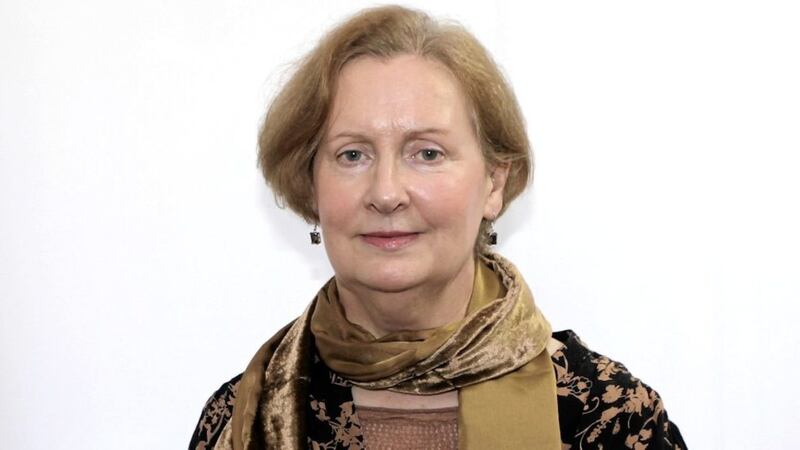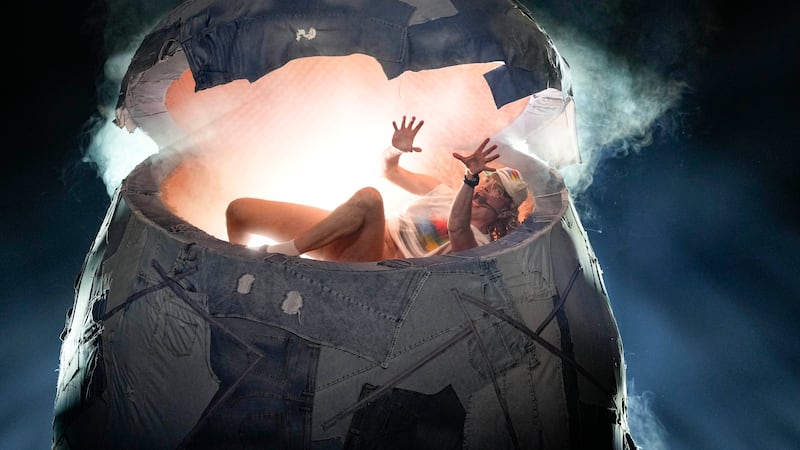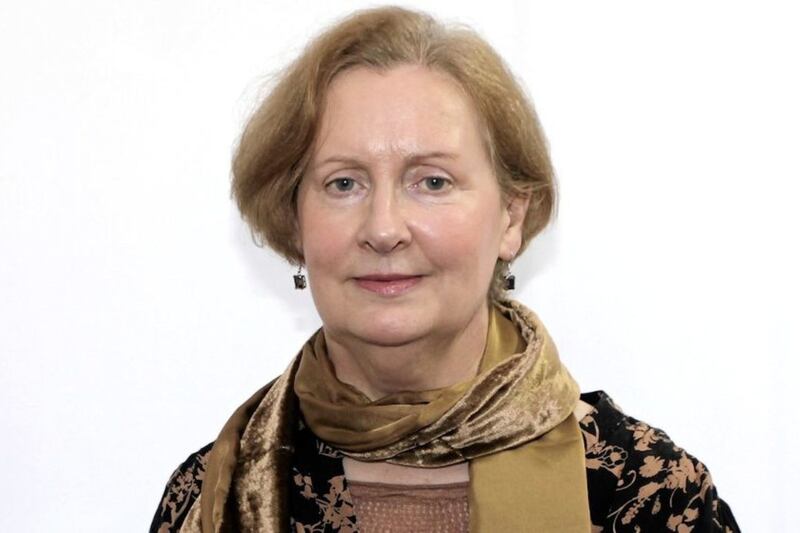"I KNOW that to someone of your education we Irish are just one big homogeneous bunch of demented Paddies, but in the north-east corner of Ireland where I come from, we're British citizens."
The year is 1982 and Fran has turned her back on her home town of Belfast. Now living in London and clearly traumatised by her experience of the Troubles, she is struggling to deal with the legacy of her past.
First published in 1986, Belfast-born writer Linda Anderson's Cuckoo explores what it is like to be an Irish Protestant female living in England during that time. The story, which has just been republished, is told mainly from the viewpoint of the protagonist, Fran McDowell.
When she unintentionally becomes pregnant, an unemployed Fran sets off on a self-destructive path, only to be saved by a new friend. As Fran embarks on a journey of self-discovery and indeed self-healing, she realises that in order to deal with her past she has to confront it.
According to Anderson, Fran's character is "brave" but certainly not "spotless"; in fact the novelist regards her creation as actually "quite reckless" but says her behaviour is understandable.
“I would describe her as quite spirited and quite articulate. Often, though, she gets into so much trouble because of a sort of passivity. But then that is also explained as you go through the book, where that kind of hopelessness comes from.
“I deliberately created a character who would be beset by certain ordeals as many people are now: single parenthood, accidental pregnancy, poverty, unemployment and also, certainly at the beginning of the book, depression.”
The novelist explains that with Fran’s character she wanted to explore a Protestant identity but not "the usual stereotypical one" – rather, she depicts a character who has not only stepped aside from "loyalist allegiances" but has become quite critical of them.
Anderson, who now lives in England, was educated at Queen’s University Belfast. She recalls how the beginning of her studies coincided with the start of the Troubles. Her memories of college, she says, are not of typical student experiences.
“One that sticks out in my mind is when I was walking up to the university one day and there was a body covered in a sheet and clusters of police officers and other people all around this body," she recalls.
“The feet were sticking out and there was something about the absolute poignancy of those feet and shoes. That’s a thing most 18 and 19-year-olds won't experience as they amble towards their lectures.
“Sometimes it’s hard to remember how awful those times were, but they were bad."
It was during her studies that Anderson involved herself in the debate and action that was happening within the university. She describes it as "a time of growth of ideas" as well as a time of "pulling away more from unionist perspective".
She left Belfast in 1972, a year she remembers as one of the worst of the Troubles in terms of sectarian murders.
Anderson recalls how, when Cuckoo was first published, it was during a time when women writers in the north didn't receive much attention for their work.
"At that time there was a lot more attention given to male writers. It was the fate of the northern Irish woman writer to be pretty much marginalised and the subject of women of the Protestant origin to be quite marginalised. So it seemed to me to kind of vanish.
“I think that already there is a sense that Cuckoo might get a bit more attention [now]. I think it might find a place now in Northern Irish fiction and in Troubles fiction."
According to Anderson, co-editor of the acclaimed anthology Female Lines: New Writing From Women In Northern Ireland, there is a big focus at the minute on northern Irish women writers and she stresses the importance of women expressing themselves.
“I think it’s vital and I think it’s happening. Words can be immensely powerful – I still very much feel that. People often say there are things where you have to be speechless or there are things where words just can't be adequate but I like the attempt.
“I do think that putting things into words can be first of all very salving and relieving but can also be influential.
“I really hope it will encourage young women and girls to write because I just think it is so important to have those role models and see it is possible.”
:: Linda Anderson will be reading and discussing her book Cuckoo at Waterstones, Belfast, on Thursday October 4. To book a place email belfast.events@waterstones.com or call 028 9204 0159





